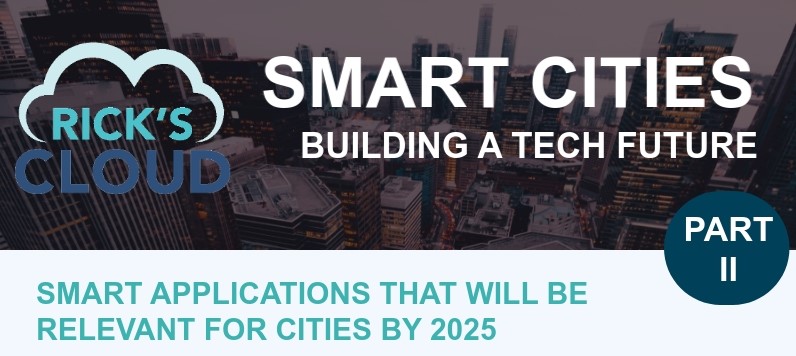
Exploring Smart Cities and Their Privacy Controversies
Since the invention of the internet, the next big thing on the horizon is smart cities. The definition of smart cities is always evolving. But certain benefits like increased convenience, natural resource management, and road traffic management are often associated with exploring smart cities.
Smart cities aren’t mere cities that implement a change of infrastructure. They could change the perception of a city as we know it. For instance, smart cities are envisioned to utilize autonomous vehicles that will communicate with each other to reduce accidents and traffic jams.
Air quality sensors used in a smart city can also help reduce pollution and ultimately create a better environment. Data analysis bots using large stores of data can also suggest fixes in several aspects of the smart community, giving rise to better decision making.
The Prevailing Privacy Breach Controversy
It is easy for people to get carried away with the abundant benefits smart cities provide. Nevertheless, there remains a pressing question that centers on data privacy. The stronger the connection between devices in a smart city, the higher the risk of privacy breaches. Since smart cities rely heavily on data for efficiency, privacy issues come into play.
One evident illustration of this is the Sidewalk Toronto project in Canada. A portion of land was set aside for the establishment of a smart city which was won by a Google-owned company, Sidewalk Labs. On a closer look, the outline for the project raised many privacy questions.
Sidewalk Labs could not guarantee that the data collected would not be used by third-party companies. Concerns were sounded about the possibility of Canadians’ data landing in the hands of US firms. This led to tongue-lashing by several Canadian politicians and locals with requests to declare the project null.
Apart from the fear of misused information by companies, there’s also a pressing concern: hacking groups. Hackers typically perform their actions for two major reasons. The first is to blackmail their victims for monetary compensation. The second is to collect as much data as possible to use for a variety of reasons.
Imagine a smart city holding tons of data on its residents in a centralized storage with a single point of failure. It would become a hacker’s dream to breach the privacy of a smart city’s system. The system will need to be connected to the internet at all times. The longer the time connected to the internet, the higher the risk of getting hacked.
Mitigating the Privacy Risk in Smart Cities
- Consult Residents
Before a smart city project launch, inhabitants of the city are meant to be consulted on matters concerning data collection and recording. Several methods can be used which include an online platform for the project managers and residents or a panel of moderators.
Guidelines concerning data would then be communicated to the people and rejected or accepted as they deem fit.
- White Hat Hacking
Smart city systems should be tested regarding cybersecurity. White hat hackers can try to penetrate the system before and after its launch. Patches would then be made where necessary.
- VPNs
If you are wondering what a VPN is, it is a security and privacy tool to protect data on people’s devices, especially when they have the habit of connecting to public Wi-Fi networks. A VPN encrypts online traffic to and from a device. Incorporating them into daily use will go a long way in ensuring privacy.





